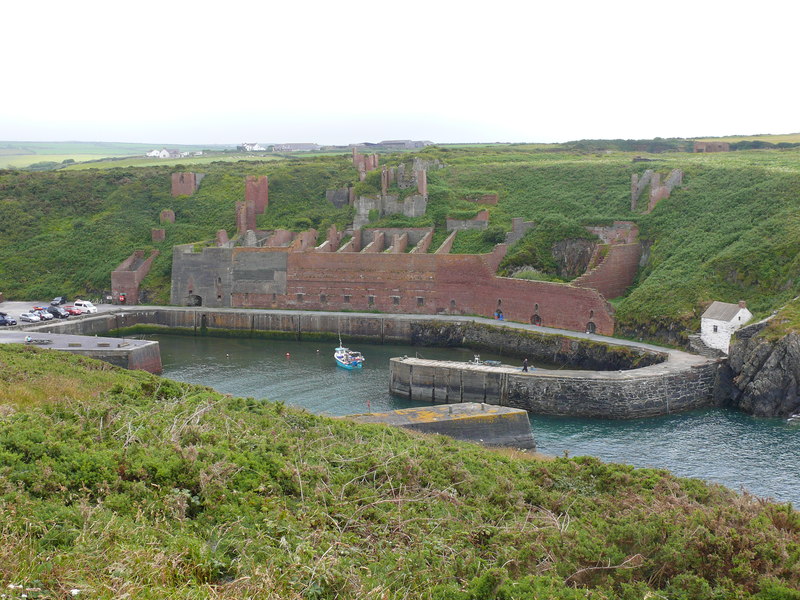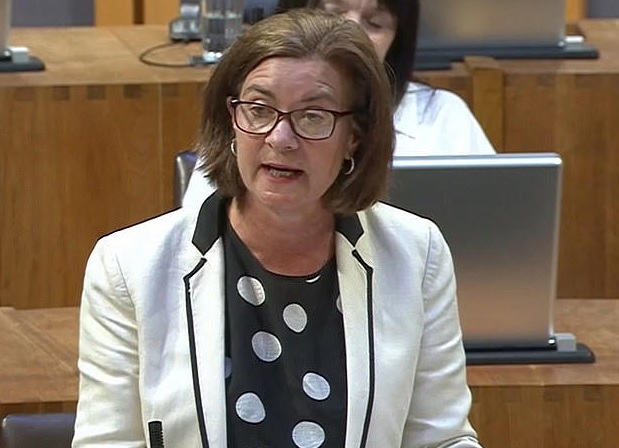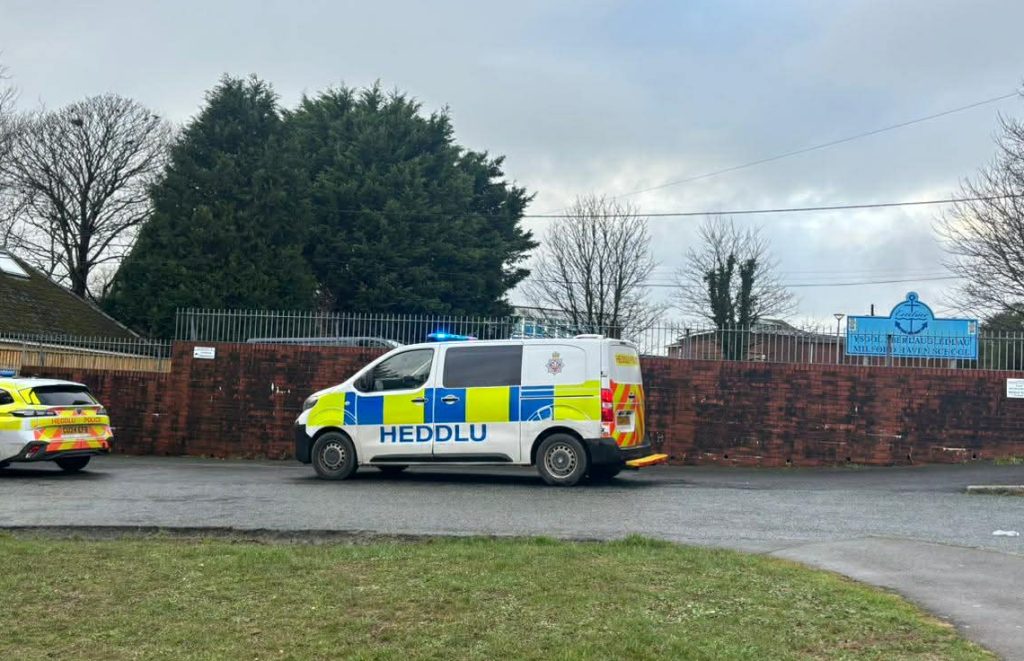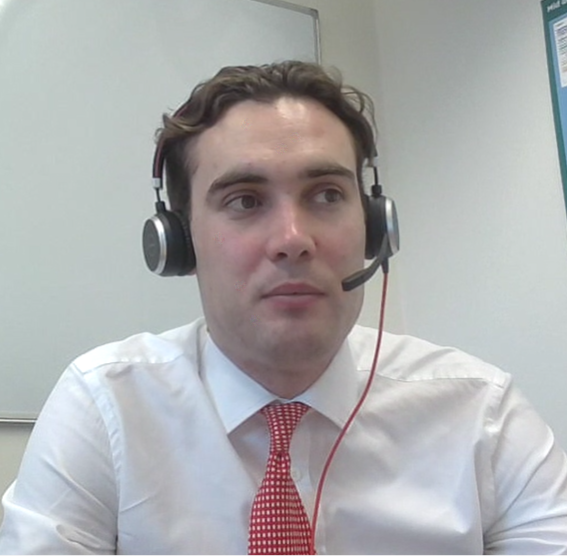Politics
Brexit bots increased division

A RESEARCH collaboration from academics at Swansea University and the University of California, Berkeley suggests that information automated software agents or ‘bots’ were used to spread either ‘leave’ or ‘remain’ social media stories during and after the Brexit referendum which drove the two sides of the debate further apart.
Research by Professor Talavera Professor, and PhD student Tho Pham from the School of Management, in collaboration with Professor Yuriy Gorodnichenko, at University of California, Berkeley, focused on information diffusion on Twitter in the run-up to the EU Referendum.
Professor Talavera said: “With the development of technology, social media sites like Twitter and Facebook are often used as tools to express and spread feelings and opinions. During high-impact events like Brexit, public engagement through social media platforms quickly becomes overwhelming. However, not all social media users are real. Some, if not many, are actually automated agents, so-called bots. And more often, real users, or humans, are deceived by bots.
TWITTER ANALYSIS
Using a sample of 28.6 million #Brexit-related tweets collected from 24 May 2016 to 17 August 2016, researchers observed the presence of Twitter bots that accounted for approximately 20 per cent of total users in the sample. Given the preponderance of re-tweets from bots by humans, a key question is whether human users’ opinions about Brexit were manipulated by bots.
Empirical analysis shows that information about Brexit is spread quickly among users. Most of the reaction happened within 10 minutes, suggesting that for issues critically important to people or issues widely covered in the media, informational rigidity is very small. Beyond information spread, an important finding is that bots seem to affect humans.
However, the degree of influence depends on whether a bot provides information consistent with that provided by a human. More specifically, a bot supporting leaving the EU has a stronger effect on a “leaver” human than a “remain” human.
‘ECHO CHAMBER’
Further investigation shows that “leavers” were more likely to be influenced by bots compared to “remainers”. These results suggest that dissemination of information is consistent with what is frequently referred to as an ‘echo chamber’ – a situation in which information, ideas, or beliefs are amplified or reinforced by communication and repetition inside a defined system, revealing that the outcome is that information is more fragmented rather than uniform across people.”
Professor Talavera said: “Social bots spread and amplify the misinformation, thus influencing what humans think about a given issue. Moreover, social media users are more likely to believe (or even embrace) fake news that is in line their opinions. At the same time, these users distance themselves from reliable information sources reporting news that contradicts their beliefs. As a result, information polarisation is increased, which makes reaching consensus on important public issues more difficult.”
“It is now vital that policymakers and social media should seriously consider mechanisms to discourage the use of social bots to manipulate public opinion.”
Politics
Porthgain holiday let scheme approved by national park

A CALL to regularise the use of an annexe as a holiday let at the Pembrokeshire seaside village of Porthgain has been given the go-ahead.
In an application to Pembrokeshire Coast National Park, Ryan Davies sought permission for a change of use of a previously occupied annexe at Gallery Cottage, Harbour Lights Gallery, Porthgain for use as a short-term holiday let.
An officer report recommending approval said: “This application seeks consent for a change of use from the existing C3 use of the annexe known as Gallery Cottage to allow both family and guest short stays. The annexe had originally been given consent for use purely incidental to the enjoyment of the main dwelling. However, the annexe is currently in use as a short-term holiday let.
“An application under Section 73 has previously been submitted to allow the subdivision of the property as a whole in order that the use of the annexe as a short-term holiday let could be regularised.
“However, given that this would have involved a fundamental change to the development previously granted, it was considered that a full application would be required.
“It is not considered that the change of use of the annexe to a short-term holiday let would result in harm being caused to the residential amenity of nearby properties, nor the special qualities of the National Park.
“Neither is it deemed that the residential amenities of the dwelling known as ‘Harbour Lights’ or the closest dwelling to the rear would be adversely affected since the unit is separated from the main dwelling by a frame shop, gallery space and an office/store room and on a different level to the nearest other dwelling.”
It added: “This application also seeks to regularise some external changes to the building and boundary treatments since the granting of [a 2021 application for the erection of extension and alterations to provide additional habitable accommodation to existing dwelling following demolition of gallery workshop / shed].
“It is deemed that since the overall form of the annexe remains largely the same, there would be no harm caused to the general character of the area, nor to the special qualities of the Park.”
The application was conditionally approved by park planners.
News
Political leaders and unions react to Milford Haven school assault

First Minister, MP, MS and teaching unions call for safety and support for staff
POLITICAL leaders and teaching unions across Wales have spoken out following Thursday’s assault on a teacher at Milford Haven School, which led to a lockdown, a major police response and the arrest of a 15-year-old boy on suspicion of attempted murder.
The First Minister Eluned Morgan said she was “deeply concerned” by the incident and stressed that violence had no place in Welsh schools.

Her comments come just days after she visited the Milford Haven campus following the school being placed into special measures by Estyn, where she met leaders to discuss improvement plans and support arrangements.
She said her thoughts were with the injured teacher, their family and the wider school community, and praised the swift response of staff and emergency services.

Local MP Henry Tufnell, who represents Carmarthen West and South Pembrokeshire, described the incident as deeply upsetting for what he called a close-knit community.
He said he was thinking of the teacher and pupils affected and thanked Dyfed-Powys Police and ambulance crews for their professionalism.
Meanwhile Senedd Member Samuel Kurtz said: “Deeply concerning news across the water in Milford Haven.
“Sadly, violence in our schools is becoming all too common, and thanks must go to the emergency services for their timely response. Thoughts are with the injured teacher, their family and the wider school community.”
Leader of the Welsh Conservatives Andrew RT Davies said teachers must feel safe at work and called for continued support for school staff.
Teaching unions also responded.
NASUWT said teachers “deserve to feel safe in their workplace” and that any violence against staff must be taken seriously, while National Education Union said schools must remain safe spaces for both pupils and staff and urged continued focus on safeguarding and behaviour support.
All said support would be offered to the Milford Haven school community in the days ahead as police investigations continue.
News
Another Senedd member defects to Reform as Lib Dem MP hits out

David Chadwick MP says James Evans MS ‘put career before constituents’ after party switch
A SENEDD member has defected to Reform UK, prompting sharp criticism from a neighbouring MP who accused him of abandoning his principles to protect his political future.
James Evans has left the Conservatives to join Reform UK, a move that immediately drew fire from local David Chadwick, the Welsh Liberal Democrats MP for Brecon, Radnor and Cwm Tawe.
Mr Chadwick said the switch raised serious questions about consistency and loyalty to voters in mid Wales.

‘Career before constituents’
In a strongly-worded statement, Mr Chadwick said: “What’s clear is that James Evans is more interested in protecting his own career than standing up for his constituents in Brecon and Radnorshire.
“You could fill a library with his past criticisms of Reform and of Conservative defectors. He has described Reform as a danger to national security because of its links to Russia, and warned they would push Britain towards an insurance-based NHS.
“Yet the moment his own seat came under threat, he jumped ship to the very people he once said had no principles.
“The Welsh Liberal Democrats are clear: our principles are not for sale. We will continue to do what we were elected to do, stand up for our constituents, not engage in political psychodrama.”
Past remarks resurface
The comments highlight a series of previous attacks made by Mr Evans on Reform UK and those who had joined the party.
He has previously questioned Reform’s leadership and direction, and suggested the party could not be trusted with the NHS, warning of a move towards insurance-based healthcare.
The Liberal Democrats also pointed to remarks made last year when Mr Evans criticised another Conservative who defected, saying she had “no principles”.
Opponents say those statements now sit uneasily with his own decision to change parties.
Growing political pressure
The defection comes amid increasing competition between parties across rural and mid Wales, with Reform seeking to capitalise on dissatisfaction with both Labour and the Conservatives ahead of the next Senedd election.
Mr Evans has yet to respond publicly to Mr Chadwick’s comments.
-

 Crime1 day ago
Crime1 day agoSex offender jailed after living off grid in Pembrokeshire and refusing to register
-

 Health8 hours ago
Health8 hours agoHealth board targets rise in steroid and gym drug use across west Wales
-

 News3 days ago
News3 days agoPrincess of Wales visits historic Pembrokeshire woollen mill
-

 Crime6 days ago
Crime6 days agoPembroke man accused of child sex offences sent to Swansea Crown Court
-

 Health4 days ago
Health4 days agoDoctor struck off after sexual misconduct findings at Withybush Hospital
-

 Crime11 hours ago
Crime11 hours agoTeacher injured and teenager arrested for attempted murder at Milford Haven School
-

 Community6 days ago
Community6 days ago50s women threaten legal action over pension compensation refusal
-

 Crime7 days ago
Crime7 days agoManhunt intensifies after woman seriously injured in Carmarthen park stabbing























